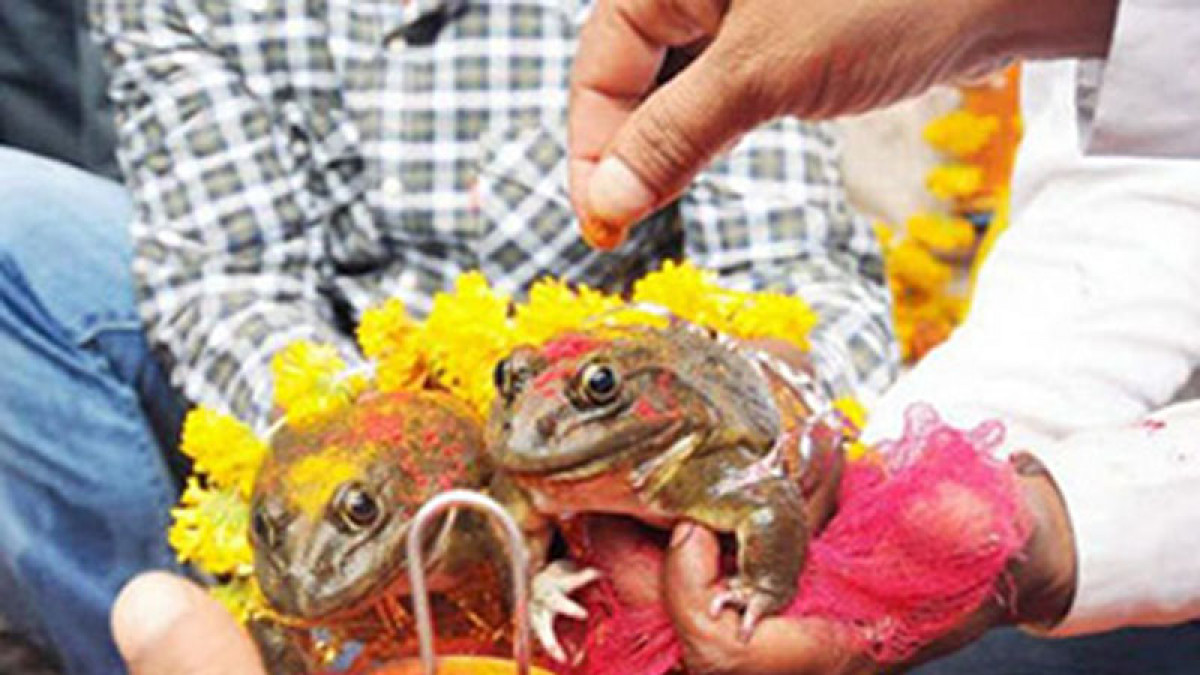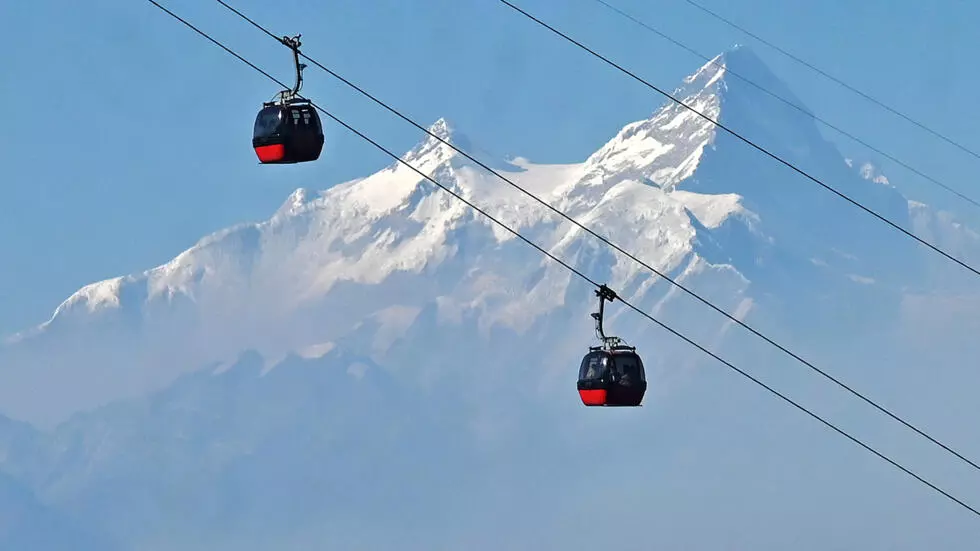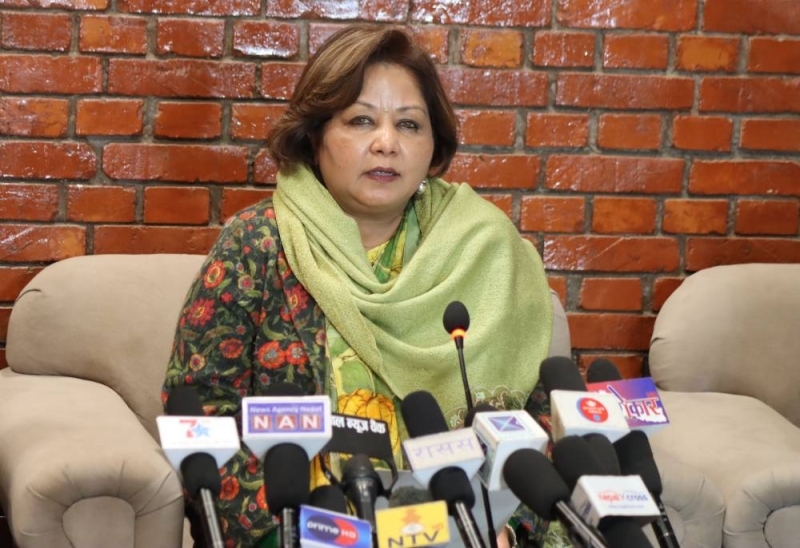Frog Weddings Conducted in Nepali Villages in Hopes of Rain Amid Drought Concerns

Kathmandu — In a unique cultural tradition in Nepal, villagers in drought-affected areas have resorted to arranging frog weddings in the hopes of bringing much-needed rainfall. Local Nepali media reported on this practice, highlighting the belief in many Nepali villages that frog marriages can please Lord Indra, the god of rains in Hindu mythology.
According to Nepali media, the ceremonies are conducted to impress “Barun Devta,” another deity associated with rain. During extreme temperatures and periods of drought with scarce rainfall, villagers organize lavish wedding ceremonies in Bharatpur for two frogs, emulating a traditional Hindu wedding. The female frog is adorned with vermillion, symbolizing a lifelong commitment to her partner.
The ceremonies attract hundreds of villagers who gather to witness the event, while Vedic hymns are recited. Prior to the wedding, the bride and groom frogs are kept separate and dressed up for the occasion. Once the union is solemnized, the female frog is transported to the male frog’s “house” in a decorated hand cart, signifying their marriage.
The significance of such ceremonies lies in the heavy dependence of Nepal’s population on agriculture, which contributes one-third of the nation’s GDP. However, less than 52% of the cultivable land in Nepal is irrigated, leaving the remaining land solely reliant on rainfall. Farmers eagerly await the monsoon season to water their crops, including staples like paddy and wheat.
This year, concerns over reduced rainfall have raised alarm bells among Nepali farmers. South Asian meteorologists have predicted below-normal monsoon rains or even drought-like conditions across most of Nepal after three years of relatively normal rainfall. Such a situation is worrisome for a rain-fed economy like Nepal, which is already grappling with a recession.
While experts emphasize the scientific need for adequate rainfall, the tradition of frog weddings reflects the cultural and spiritual significance placed on the monsoon season in rural Nepali communities. These ceremonies not only serve as a means to invoke rain but also demonstrate the local communities’ deep connection with nature and their reliance on natural elements for their livelihoods.
As the drought concerns persist and farmers anxiously await rainfall, the frog weddings continue to be a symbolic act of hope and faith in the face of uncertain climatic conditions.


















Facebook Comments